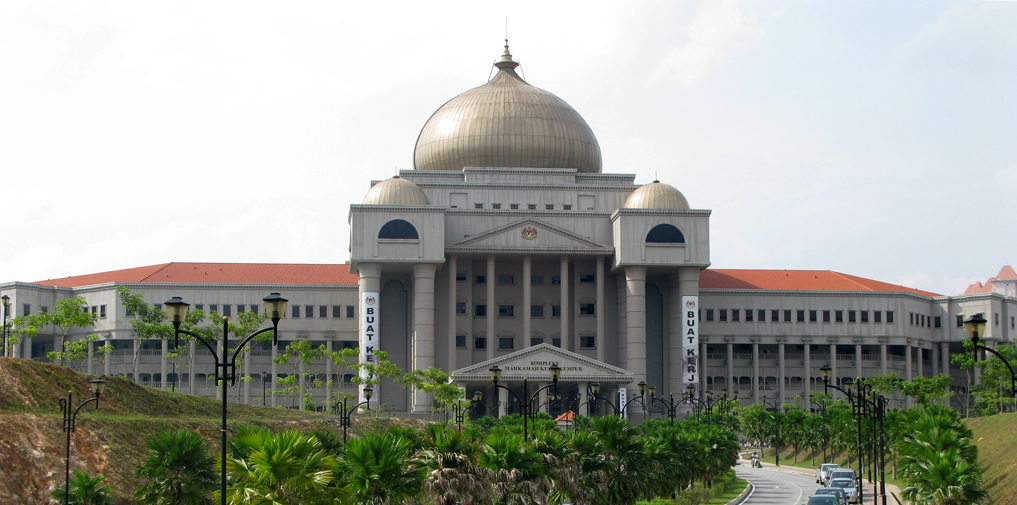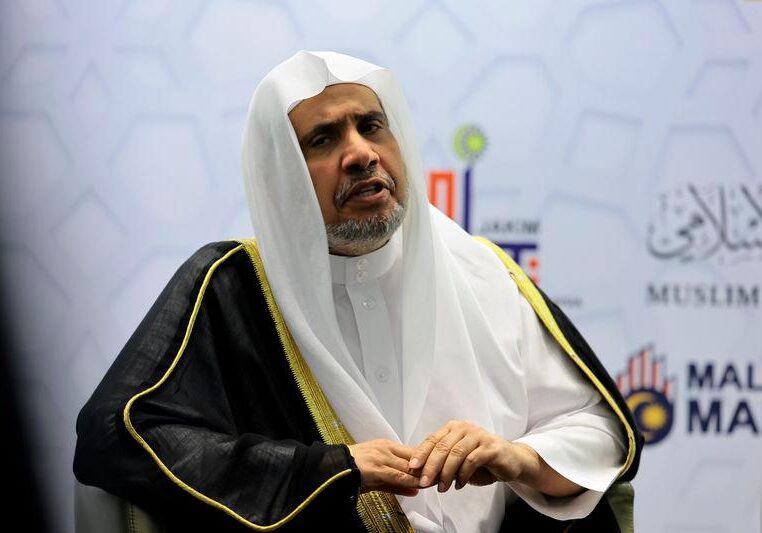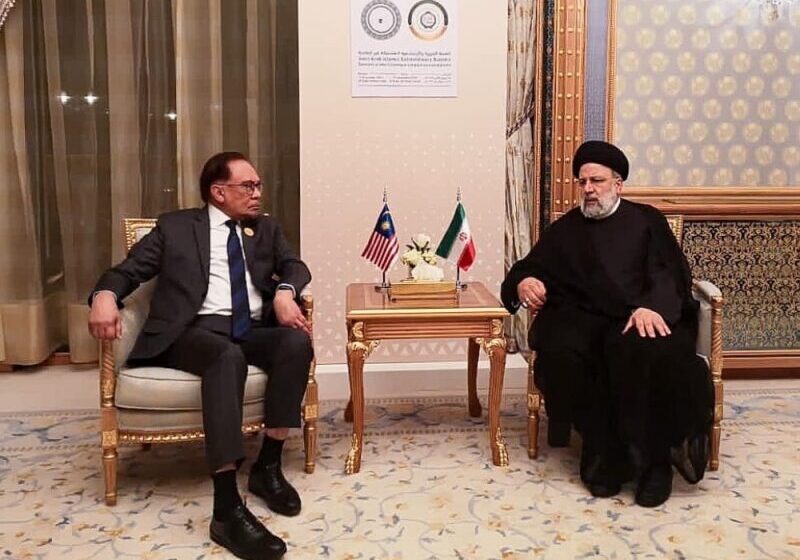Australia/Israel Review
Asia Watch: Naming rights
Apr 7, 2021 | Michael Shannon

Can one faith claim exclusive usage rights over their term for the Divine Being, enforceable by law? This is still an unsettled question in Malaysia, where sensitivities in the Malay Muslim majority continue to create needless disputes that chafe against the founding principles of a multi-ethnic, multi-religious federation.
The latest flare-up on this question began with a ruling on March 10 in the Kuala Lumpur High Court that ended a decades-long ban on Malaysian Christians using the word “Allah” to refer to God, as well as three other Arabic words, in educational publications.
High Court Justice Nor Bee Ariffin ruled that the 1986 Home Ministry directive barring the use of “Allah,” “Baitullah” (house of God), “Kaabah” (holiest shrine) and “solat” (prayer) by Christian publications was unconstitutional because it restricted religious freedom. It was also illegal and irrational, Justice Nor Bee said.
The word “Allah” was long ago adopted into the Bahasa Malay language, and has been used for more than 400 years by Malay-speaking Christians in the country, especially those living in Sabah and Sarawak.
Yet, in the past few decades, many conservative Malaysian Muslims have claimed that non-Muslim Malays could use words like Allah to “confuse” and even convert Muslims to another religion. Recent years have seen huge demonstrations by Muslims who carried banners with slogans such as “Allah is just for Muslims.”
The High Court ruling was regarding a judicial review application filed by Jill Ireland Lawrence Bill, a Sarawak Christian, 13 years ago. The authorities had seized eight religious CDs, with Malay titles that included the word “Allah,” from Jill Ireland in May 2008 when she returned from an overseas trip. Ireland filed the judicial review application to challenge the seizure and to seek a declaration on her constitutional right to use the word “Allah” in Christian publications.
In 2014, the High Court held that the seizure was wrong but did not decide on the constitutional issues raised. A year later, the Court of Appeal ordered the Home Ministry to return the CDs to Ireland, but told the High Court to hear the case with regard to its constitutional aspects. The subsequent verdict found that Jill Ireland was guaranteed protection from religious discrimination.
Reaction against the ruling was immediate.
PEMBELA, an umbrella group representing Muslim NGOs, issued a strongly-worded statement expressing “shock and disappointment” with the High Court’s ruling, which, they said, had “great implications” for Muslims. “This decision gives room for abuse” of the word “Allah,” said the statement. “It will open wide the door for apostasy and pluralist thought.”
Muafakat Nasional, a group that consists of the United Malays National Organisation (UMNO) – Malaysia’s oldest party and a partner in the ruling coalition – and the conservative Pan-Islamic Malaysian Party (PAS), expressed “serious concern” at the High Court decision, and demanded the Government lodge an appeal.
In response, James Masing, Deputy Chief Minister of Malaysia’s Sarawak state where Christians are the majority, called the appeal demand “ridiculous.”
“I believe the judge had considered all aspects of religious and cultural sensitivity when making the judgment,” Masing said in a statement. “Thus, it is a most ridiculous demand by any political party or religious group in a multi-religious country like Malaysia.”
Yet, within a week, the Government did indeed lodge an appeal against the ruling. The submission said that the Government, along with Home Minister Hamzah Zainuddin, decided to appeal because they were “not satisfied” with the ruling by the Kuala Lumpur High Court.
This development was welcomed by Muafakat Nasional, saying, “this appeal is in line with the wishes of the country’s majority Muslim community” and that, “multiracial and multireligious harmony must be preserved without giving any room to issues that could jeopardise or disrupt the existing stability.” The unspoken presumption is that Malay Muslims will decide the terms of such “stability”.
Some pushback has come from federal and state parliamentarians from Sabah and Sarawak from 10 different parties of opposing political alignments, 54 of whom have issued a statement asking the Federal Government to discontinue its appeal against the High Court’s decision.
“We call upon all political parties to not exploit the High Court’s decision for narrow political mileage… Muslims in Sabah and Sarawak are supportive of and never feel threatened by their Christian siblings, cousins and friends praying to Allah, the one God in all Abrahamic faiths,” the lawmakers said in the statement.
So the dispute over word usage hangs in the balance once again – a political football due to the present Government’s dependence upon support from its Malay base, PAS and UMNO. The bigger question is whether the legal system will affirm that the fundamental condition of the 1963 union of Malaya, Sarawak and Sabah as equal partners – freedom of religion – still holds.
Tags: Malaysia






